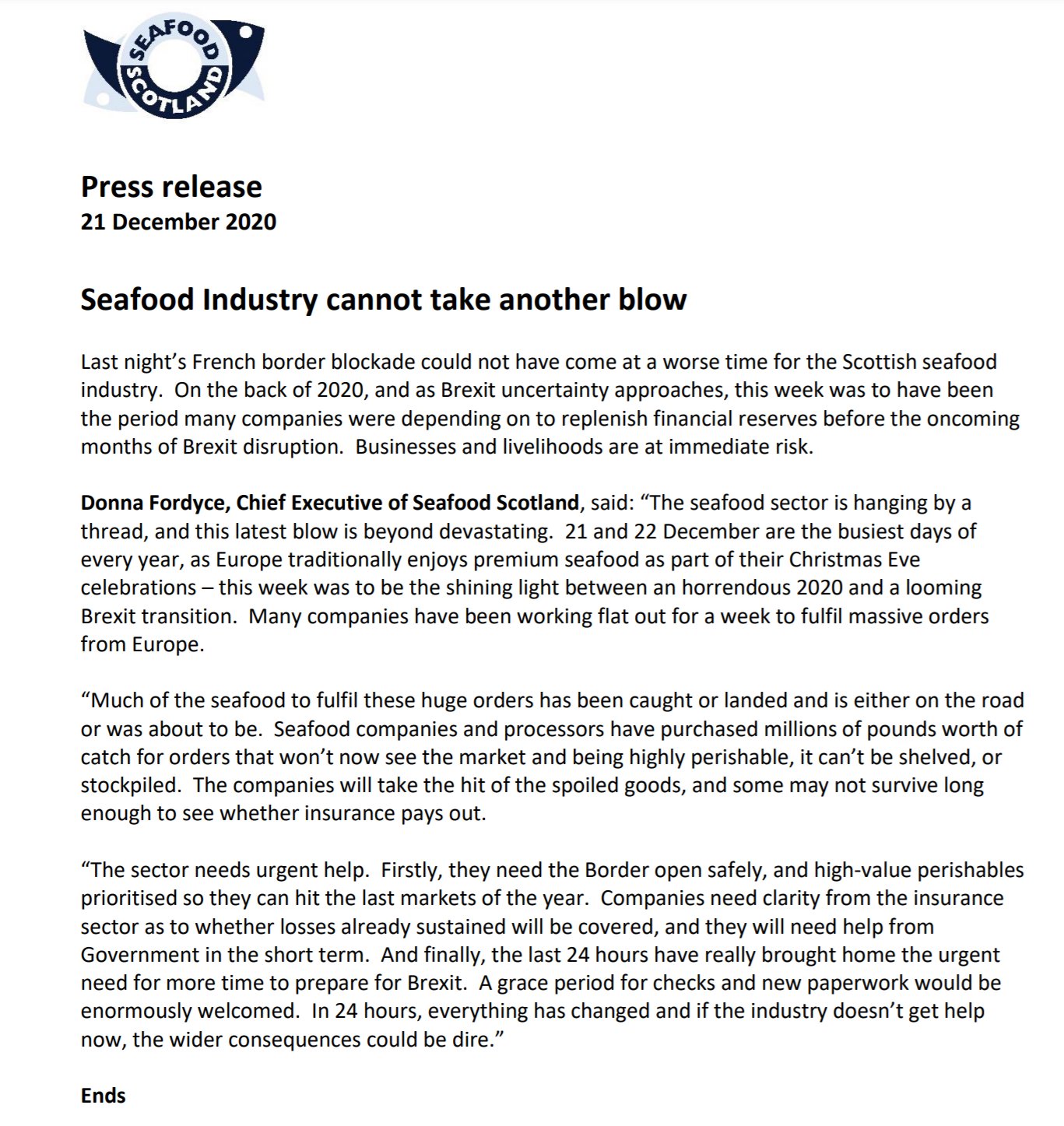The following is unfortunately a rather long article from today's Irish Times and is particularly apt for the season we are getting into ....
It has been as plain as a pikestaff for several years the UK’s departure from the European Union will have a negative impact on the relationship between Britain and Ireland. That impact is set to be compounded by the unambitious nature of the EU-UK trade deal under discussion, even if agreement on such a deal would remove some of Brexit’s roughest edges.
The scenario we face on January 1st is not what Ireland would have wished to see as the starting point for the next phase of our relationship with the UK. It is of little comfort such a hard Brexit is far from the centre of gravity of British public opinion. We, for our part, must work to minimise the inevitable damage to our relationship with Britain and to nurture the hard-won and deeply-felt friendship between these islands. We owe that to history and geography, as well as to peace and prosperity. We might bear five considerations in mind.
First, we can build on the enduring strengths of the British-Irish relationship. Foremost in that regard, we should emphasise and celebrate the immense contribution the Irish community in Britain, as well as the smaller but more rapidly-growing British community in Ireland, are making to the societies in which they have made new homes. Our cultural and linguistic closeness will always remain a source of mutual enrichment. Trade, despite the obstacles posed by Brexit, can over time be developed to the advantage of both countries.
Our shared commitment to peace and progress in Northern Ireland will continue to be a vital cornerstone of the relationship. The agreement between Brussels and London on the implementation of the Northern Ireland protocol is important and very welcome.
Sovereignty
Second, we should acknowledge frankly Brexit has transformed the British-Irish relationship for the foreseeable future. It would be very naive to consider Brexit as a one-off “event”, an incident that happened in 2016 or an episode from which we can magically move on from January 1st. “Get Brexit done” was always a misleading political slogan designed for ephemeral political advantage.The truth is getting Brexit done will be the work of a generation, unless, of course, the decision is revisited. Every aspect of our relationship with the UK will now have to be understood and managed through the constricting prism of Brexit. Our countries will not only find ourselves in significantly different positions in the world – one inside and the other outside the EU. Brexit has also brought home the profound difference between our respective perceptions of that world. Both countries, for example, are deeply attached to sovereignty and to going global but we have utterly different understandings of what those words mean.
Third, Irish governments, today and in the future, will have to work respectfully and in good faith, as their predecessors have done, with whatever government is in office in London, as indeed they worked with the problematic Trump presidency. Irrespective of how Irish governments view Brexit, they will have to manage the bilateral political relationship, as best they can, with a view to promoting friendship between these islands. Without the shared EU context, which enabled Ireland and Britain to work together as partners for half a century, that task will be immeasurably more challenging.
Fourth, we must remember that real friendship requires honesty. While respecting the decisions of British electorate, we should remember that that electorate, far from being monolithic, is split down the middle. Broadly half of British voters supported Brexit in 2016; the other half remains pro-European, international in its outlook, confident about Britain’s engagement with the world. It will take time, probably a long time, for our neighbour to work through its own divisions.
For our part, beyond government-to-government relations, we should not hesitate to speak honestly about the folly of Brexit or to support the arguments of the many British people, almost certainly a significant majority, who would prefer a much closer relationship with the EU, and therefore with Ireland, than the Johnson government envisages. Being anti-Brexit is not remotely anti-British. On the contrary.
Finally, Ireland can play an important role in the evolution of the EU-UK relationship. We probably understand UK psychology, even when disturbed by aspects of it, somewhat better than other EU partners. The British, for reasons of culture, probably consider Ireland its most comfortable European interlocutor. Ireland will not, in any sense, become the UK’s voice in Europe, but we can contribute to ensuring that the UK’s own voice is heard and understood. In the short run, that will alas mean being a Johnson Whisperer. In the longer run, we may be able to help, slowly and painstakingly, to mend some important fences to everyone’s benefit.
Bobby McDonagh is a former ambassador to London, Brussels and Rome










